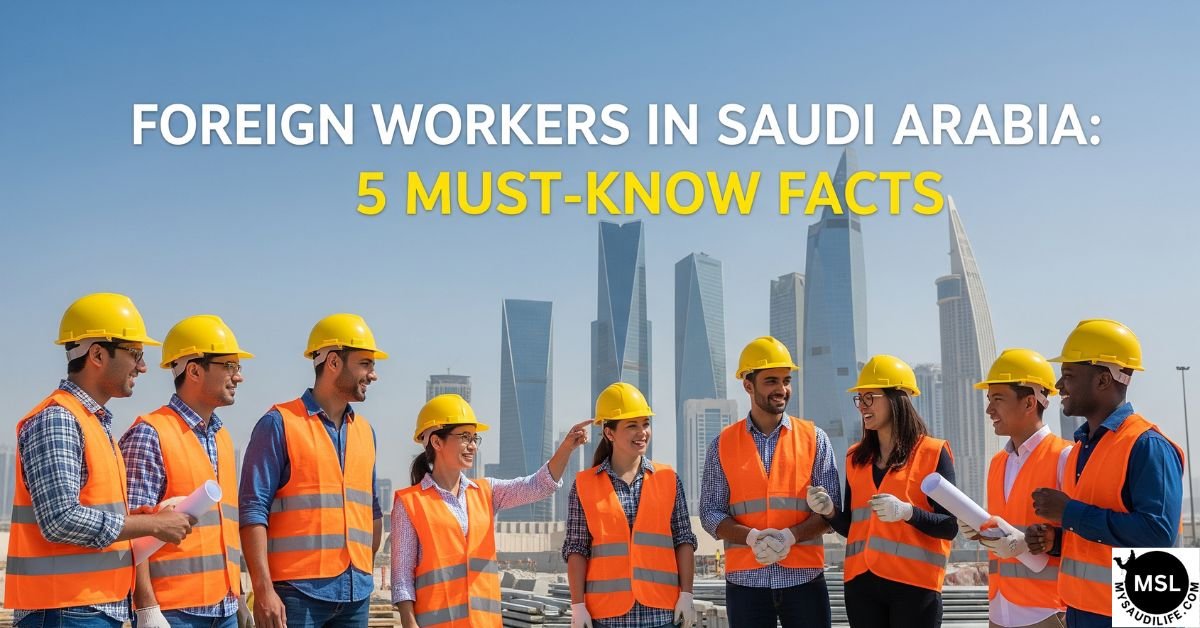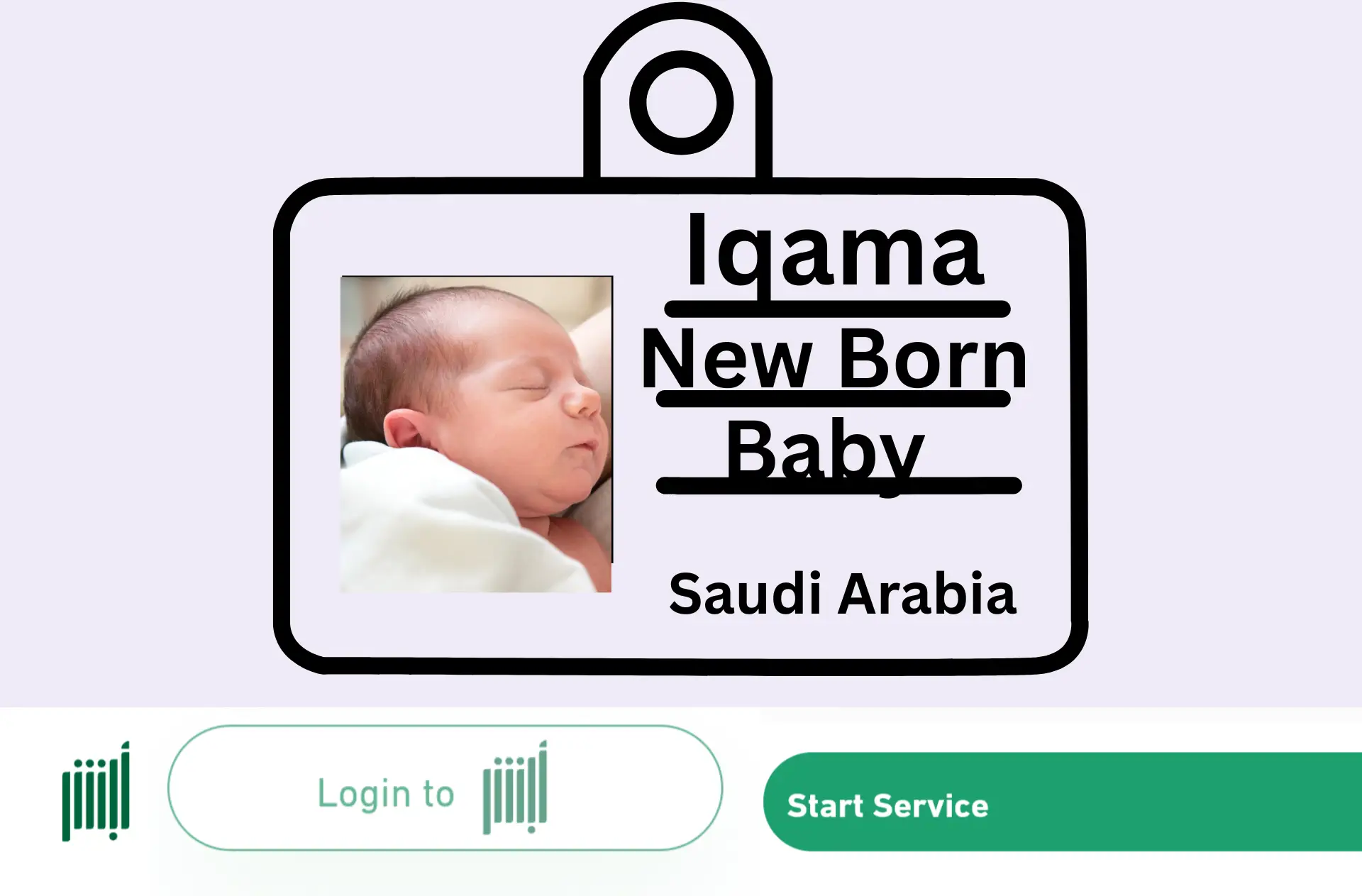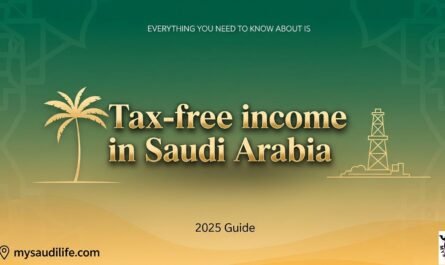✍️ Written by Waqas | ⏱️ Read Time: 11 minutes | 📅 Last Updated: Aug 22, 2025
Table of Contents
Foreign workers in Saudi Arabia are at the heart of the country’s exciting changes under Vision 2030. If you’re planning to work here, it’s important to understand what life for foreign workers is really like. This guide covers everything you need—from job opportunities and labor laws to daily life and cultural norms—to help you settle in smoothly.
Saudi Arabia’s Foreign Workforce: By the Numbers
Visually striking data points offer a quick overview of the scale and importance of the expatriate community and foreign workers in Saudi Arabia, highlighting their vital role in the nation’s workforce and economy.
- 37% – 39% of the total population are foreign nationals.
- ~75% of the private sector workforce is composed of foreign workers.
- > 10 Million expatriates from diverse regions like Asia, Europe, and the Americas call Saudi Arabia home.
Money Matters: Pay, Living Costs, and How to Save
One of the primary attractions for foreign workers is the significant financial upside.
- Tax-Free Salaries: This is the biggest incentive, allowing you to maximize your earnings compared to countries with high income tax.
- High Earning Potential: Average middle management salaries are estimated at around $188,000 per year.
- Generous Benefits: Many employers offer comprehensive packages that include housing allowances, private health insurance, education funds for children, and annual flights home.
- High Disposable Income: The combination of high, tax-free income and covered expenses allows for a high standard of living and substantial savings.
Detailed Cost of Living in Riyadh (SAR vs. USD)
This table provides a snapshot of average monthly expenses in the capital city, giving a realistic look at where your money will go.
| Category | Average Monthly Cost (SAR) | Average Monthly Cost (USD) |
|---|---|---|
| Housing (1-BR Apt, City Centre) | 4,529.97 | 1,208.00 |
| Utilities (Basic) | 382.97 | 102.13 |
| Internet (60+ Mbps) | 279.62 | 74.56 |
| Transportation (Monthly Pass) | 140.00 | 37.33 |
| Fitness Club (1 Adult) | 392.76 | 104.74 |
| International School (Yearly, 1 Child) | 38,721.15 | 10,325.64 |
Note: Based on data from April 2025. Conversions are approximate.
The rules for foreign workers in Saudi Arabia are changing. It’s important to understand the Kafala system and the recent updates to stay informed.
Foreign workers in Saudi Arabia need to know that the legal framework is changing. Understanding the Kafala system and the latest labor reforms is key to staying up to date.
- Employer Control: In the past, employers had a lot of control over workers’ visas and residency permits (iqama), including the power to decide if someone could change jobs or leave Saudi Arabia.
- Power Imbalance: Over time, laws gave employers too much power, which sometimes put foreign workers in difficult or unfair situations.
- Absconding Charges: If a worker left their employer without permission, they risked losing their legal status, and could even face arrest or deportation—even if they were trying to escape abuse.
Important Labor Law Changes That Took Effect in February 2025
Recent labor law amendments in Saudi Arabia aim to modernize the labor market and strengthen the rights of foreign workers, improving worker rights and job protections.
- ✅ Easier Job Changes: Private sector workers can switch employers without needing permission after one year or when their contract ends.
- ✅ Written Contracts: All non-Saudi workers must have a clear, fixed-term written contract.
- ✅ Required Benefits: Employers must provide housing and transportation allowances by law.
- ✅ More Leave: Maternity leave is now 12 weeks, and dads get 3 days of paid parental leave.
- ✅ Fair Treatment: The law makes sure all employees are treated equally.
Ongoing Challenges for Foreign Workers in Saudi Arabia
Even with recent progress, many human rights organizations point out that significant challenges still remain for foreign workers in Saudi Arabia. Issues like worker protection, fair treatment, and labor rights enforcement continue to be a concern in the evolving labor market.
- Many vulnerable workers like domestic staff, drivers, farmers, and security guards are still not covered by key protections.
- There’s a gap between the new labor laws and how well they’re actually enforced in real life.
- Problems like wage theft, unsafe workplaces, and employers keeping passports without permission still happen, especially for low-skilled foreign workers.
- Since trade unions and collective bargaining are banned, workers have fewer ways to speak up or defend their rights.
Living Options for Foreign Workers: Compound vs. Outside
Where you choose to live will have a big impact on your social life and how you experience the local culture. Living inside a compound offers a more controlled, community-focused environment, while living off-compound can give you a closer look at everyday life in Saudi Arabia. Both options come with their own benefits and challenges that shape your daily experiences.
Expat Compounds 🏘️
Gated communities provide a more Western-style way of living.
- Pros: They offer strong security, lots of facilities like pools, gyms, and shops, a ready-made social circle, and a more relaxed lifestyle.
- Cons: They can be expensive, often have long waiting lists (6 to 18 months), usually require paying rent a year in advance, and might make it harder to connect with local Saudi culture.
Living Off-Compound 🏙️
Living in a local neighborhood lets you experience Saudi culture up close.
- Pros: You get more freedom, pay less, have more housing options, and really immerse yourself in the local way of life.
- Cons: You need to follow local customs more closely, there’s less security, and it can feel lonely if you don’t make an effort to meet people.
Daily Life and Social Integration for Foreign Workers in Saudi Arabia
Living day-to-day as a foreign worker in Saudi Arabia means getting used to how people get around, knowing the local customs, and making friends in the expat community. Meeting other foreign workers can help you feel more comfortable and settled. Understanding how things work and respecting local traditions makes life easier and more enjoyable while you’re living here.
Getting Around
- Driving: Most people in Saudi Arabia get around by car. Fuel and vehicles are still affordable, but driving can be fast and sometimes aggressive. Since 2018, women have been allowed to drive, opening up more freedom for everyone.
- Taxis & Ride-Hailing: Taxis are widely available, though many still require booking ahead. Ride-hailing apps like Uber and Careem are popular in major cities and offer a convenient way to travel.
- Public Transport: Public buses exist but can be tricky to navigate. Now, with the Riyadh Metro fully operational since January 2025—with six lines and 85 stations—it’s much easier and faster to travel around the city, marking a big step forward in public transport.
Social Life and Leisure
- Expat Networks: These groups are great for making friends and getting support. You can find communities on platforms like Meetup, Internations.org, and Facebook that bring people together for social events, work networking, and hobbies.
- Entertainment: Saudi Arabia’s entertainment options are growing fast. Now, cinemas, music concerts, and top-notch restaurants are common in most big cities.
- Sports & Recreation: Soccer remains the favorite sport. You’ll also find excellent golf courses, desert camping experiences, and modern gyms and fitness centers to stay active and have fun.
Cultural Etiquette: Essential Do’s and Don’ts
especting local customs is essential for foreign workers in Saudi Arabia to have a smooth and positive experience. Understanding and following cultural norms, religious practices, and social etiquette helps avoid misunderstandings and builds good relationships with colleagues and the local community. Adapting to these traditions is key to feeling welcome and succeeding in daily life and work.
| Category | Do’s ✅ | Don’ts ❌ |
|---|---|---|
| Dress Code | Dress conservatively in public. Women should carry an abaya. Men should wear long trousers and shirts. | Wear revealing or tight clothing in public. |
| Public Conduct | Respect prayer times when shops close. Be mindful during Ramadan (no public eating/drinking). | Engage in public displays of affection. Consume alcohol. |
| Social Etiquette | Learn basic Arabic greetings. Use your right hand for eating and passing objects. | Point directly with a finger. Discuss sensitive topics like politics or religion. |
Q1: Can I bring my family with me to Saudi Arabia?
A: Yes, typically high-skilled professionals and those on long-term contracts can sponsor their immediate family (spouse and children) to join them. The process involves obtaining family visit visas or residency permits (Iqama) for them, which your employer usually assists with. This is generally not applicable to low-skilled workers.
Q2: What are the schooling options for children?
A: Saudi Arabia has a wide range of international schools that follow curricula like American, British, Indian, or other national systems. These are often located within expat compounds or in major cities. While high-quality, they are typically expensive, and many employers include education allowances in expat packages. Enrollment can be competitive.
Q3: Is it easy to open a bank account in Saudi Arabia?
A: Yes, it’s generally straightforward. Once you have your Iqama (residency permit), you can open a bank account with major local banks like Al Rajhi Bank, Saudi National Bank (SNB), or Riyad Bank. You’ll typically need your Iqama, passport, and an employer letter. Online banking and mobile apps are widely available.
Q4: What is the internet and mobile connectivity like?
A: Internet and mobile connectivity are generally excellent in urban areas, with widespread 4G and growing 5G coverage. Major providers include STC, Mobily, and Zain. Broadband internet (fiber optic or DSL) is common in homes, and public Wi-Fi is available in malls and cafes. Censorship blocks certain websites.
Q5: Are there opportunities for non-Muslims to practice their religion?
A: While Islam is the official religion and public display of non-Islamic religious symbols is prohibited, non-Muslims are generally permitted to practice their religion privately within their homes or designated private spaces (e.g., church services on expat compounds or diplomatic missions). Public worship for non-Muslims is not permitted.
Q6: How safe is Saudi Arabia for foreign workers?
A: Saudi Arabia is generally considered a safe country with low crime rates, particularly in urban areas and expat compounds. Security is usually high. However, it’s crucial to be aware of and adhere strictly to local laws and customs to avoid unintended legal issues. Political and regional events should be monitored, but daily life for most foreign workers is secure.
Q7: Can I travel outside Saudi Arabia easily?
A: Thanks to recent labor reforms effective February 2025, private sector workers can now get exit and re-entry visas on their own—without needing employer approval—once they’ve completed one year of their contract or when it ends. This makes traveling abroad much easier. Just make sure your visa is valid and you don’t have any unpaid fines before you travel.
Final Thoughts: Making the Most of Life in Saudi Arabia
Life for foreign workers in Saudi Arabia is a mix of great financial chances and a unique set of cultural and legal rules. While new reforms are making the work environment more modern and protective, the experience can be very different depending on your job. Skilled professionals often enjoy a good lifestyle and strong social networks, but low-skilled workers still face many difficulties.
To succeed as an expat here, you need to be well-prepared, flexible, and respectful of local customs. For those who understand the challenges and are ready to adapt, Saudi Arabia can be a great place to grow professionally and earn well.



